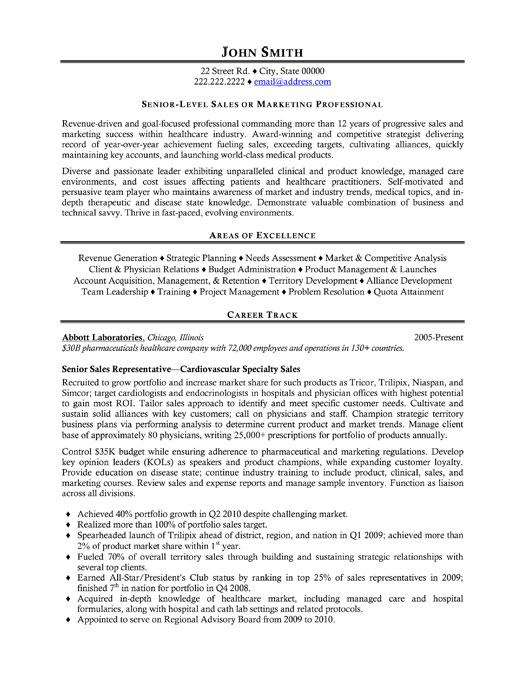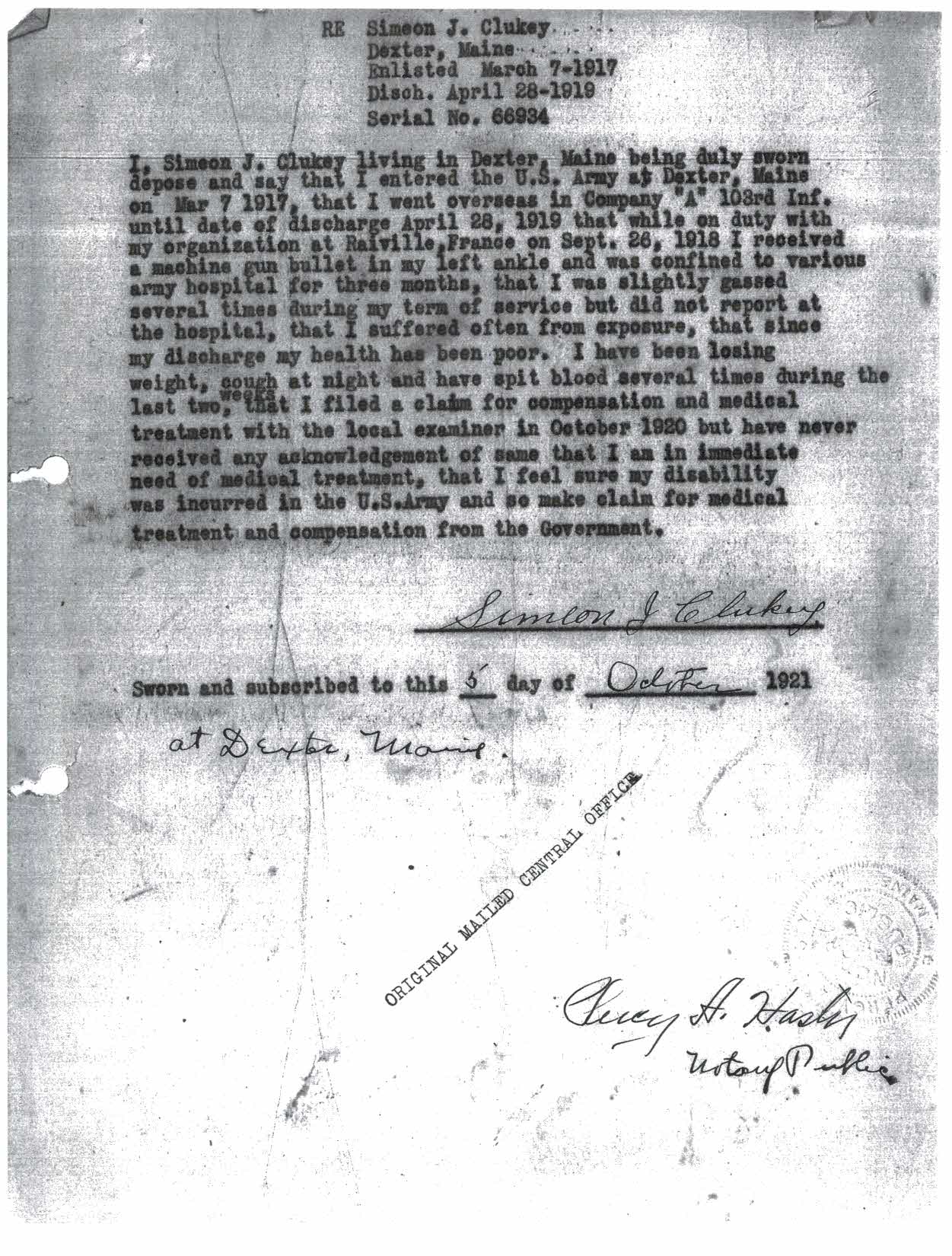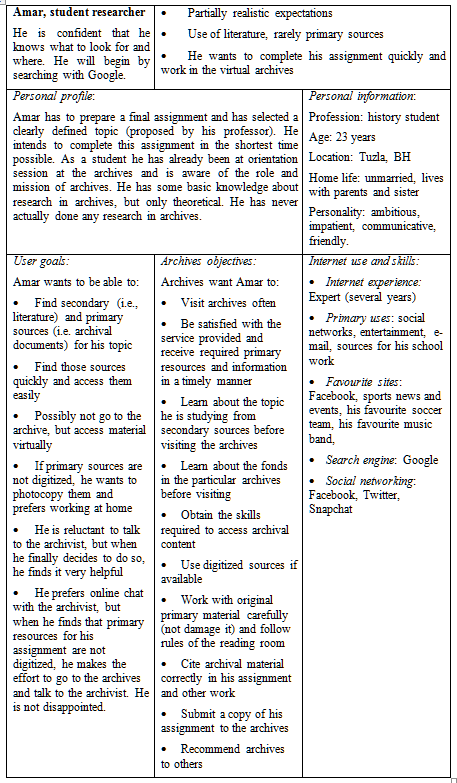
The consequence argument is among the most influential arguments for the conclusion that free will and determinism are incompatible. Recently, however, it has become increasingly clear that the argument fails to establish that particular incompatibilist conclusion.
The Consequence Argument Peter van Inwagen.
Consequence argument. The consequence argument is an argument against compatibilism popularised by Peter van Inwagen. The argument claims that if agents have no control over the facts of the past then the agent has no control of the consequences of those facts.From these inferences, Inwagen’s argument concludes that the result or consequences of the natural laws and past occurrences are not up to man. Man, therefore, has no choice. If I were a compatibilist, I would argue against the Consequence Argument by contradiction.Consequence Argument’s first premise notes the factors that have nothing common with the agency of the person that is a fact prior to his birth and nature laws. The compatibilists claim that such prepositions cannot be avoided by a person.
In van Inwagen's view, as well as my own, the Consequence Argu- ment is the strongest argument for incompatibilism, and, as he formulates the argument, rule beta is its weakest link.2 For this reason, it is of the utmost importance, in the debate over compa- tibilism, to determine whether rule beta is valid.The best argument against Classical Compatibilism is The Consequence Argument from PHILOSOPHY 0080 at University of Pittsburgh-Pittsburgh Campus.










